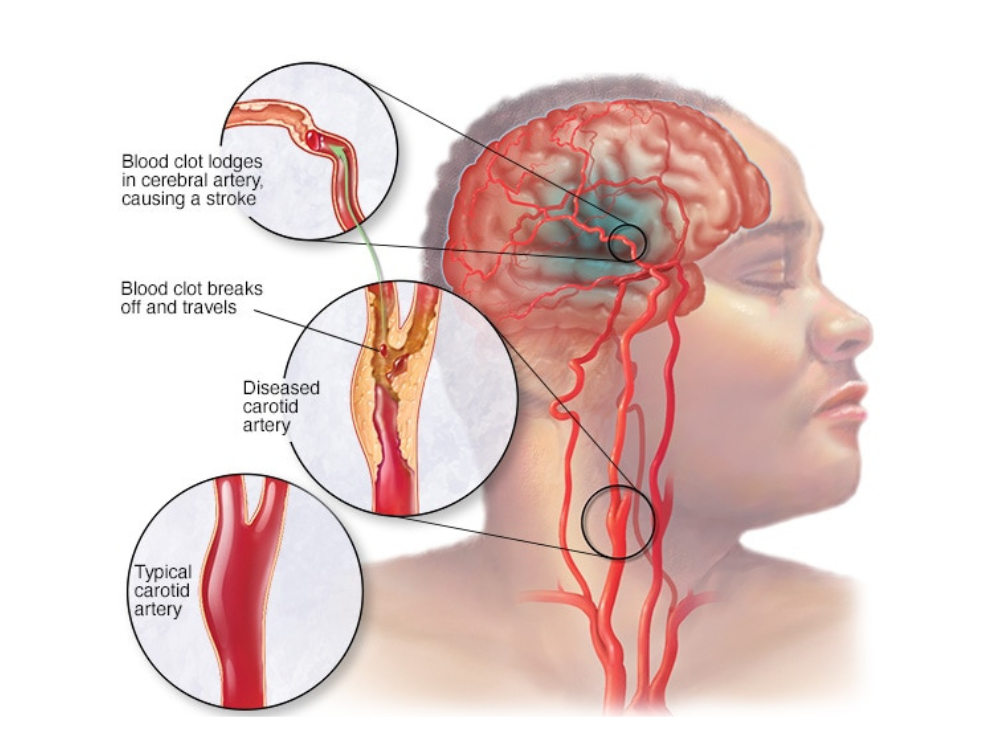
Our stroke care team is dedicated to providing rapid and advanced treatment for individuals experiencing acute stroke symptoms. We understand the critical importance of timely intervention to minimize the impact of stroke and improve patient outcomes.
Key Aspects of Our Acute Stroke Care:
Golden Period Treatment (Within 4.5 Hours): For patients who present within the critical window of 4.5 hours after the onset of stroke symptoms, our specialized stroke team, comprising Neurologists, Emergency and Critical Care Specialists, and Neuro Radiologists, promptly evaluates and administers intravenous thrombolysis. This involves the use of recombinant tissue plasminogen activator (r-TPA) to dissolve clots and restore blood flow to the blocked vessel, resulting in clinical improvement.
Mechanical Thrombectomy: In cases where patients arrive after the golden period or have specific large vessel blockages, our Interventional Neuroradiologist utilizes cutting-edge techniques. They guide a catheter into the blocked vessel under fluoroscopic imaging and proceed to aspirate the clot, sometimes performing angioplasty or stenting to restore blood flow.
Advanced Critical Care: We maintain an advanced critical care setup with dedicated intensivists available round the clock to monitor and treat stroke patients. This comprehensive approach enhances patient care and outcomes.
Streamlined Ambulance Response: Our acute stroke care begins with the moment the patient is picked up by the ambulance. We prioritize efficient and well-coordinated responses to ensure that patients receive timely care from the very start.
Stroke is a time-sensitive medical emergency, and our team is committed to providing the highest level of care, utilizing the latest advancements in stroke treatment. Our goal is to minimize the impact of stroke and support patients on their path to recovery.
Leading Neurological Care Team, Transforming Lives Through Expertise and Compassion.
Copyright © 2025 Neuro Doctors All Rights Reserved.
Designed By Gladias